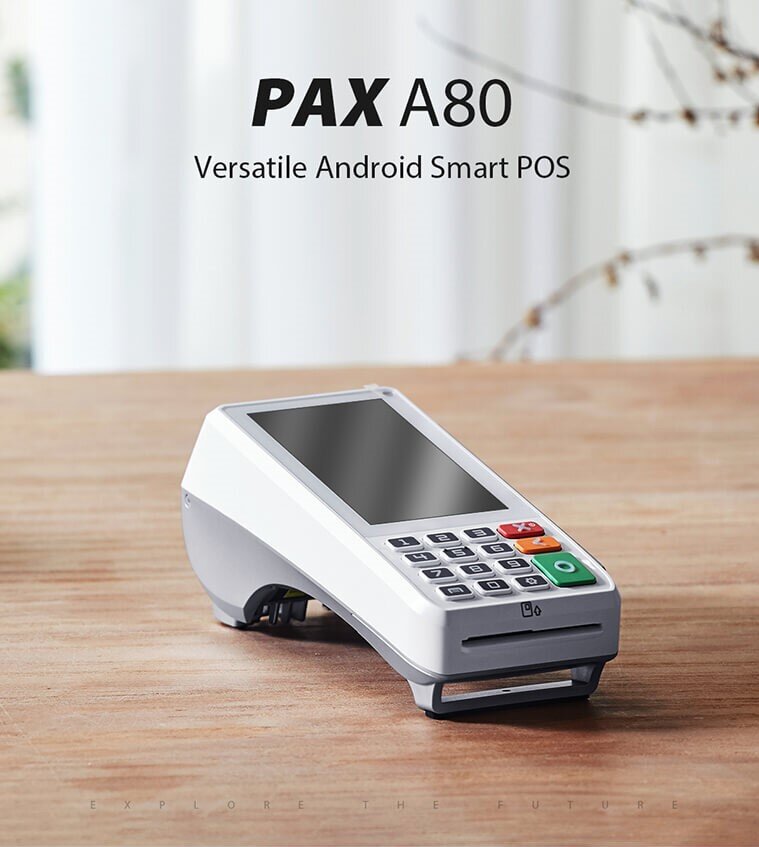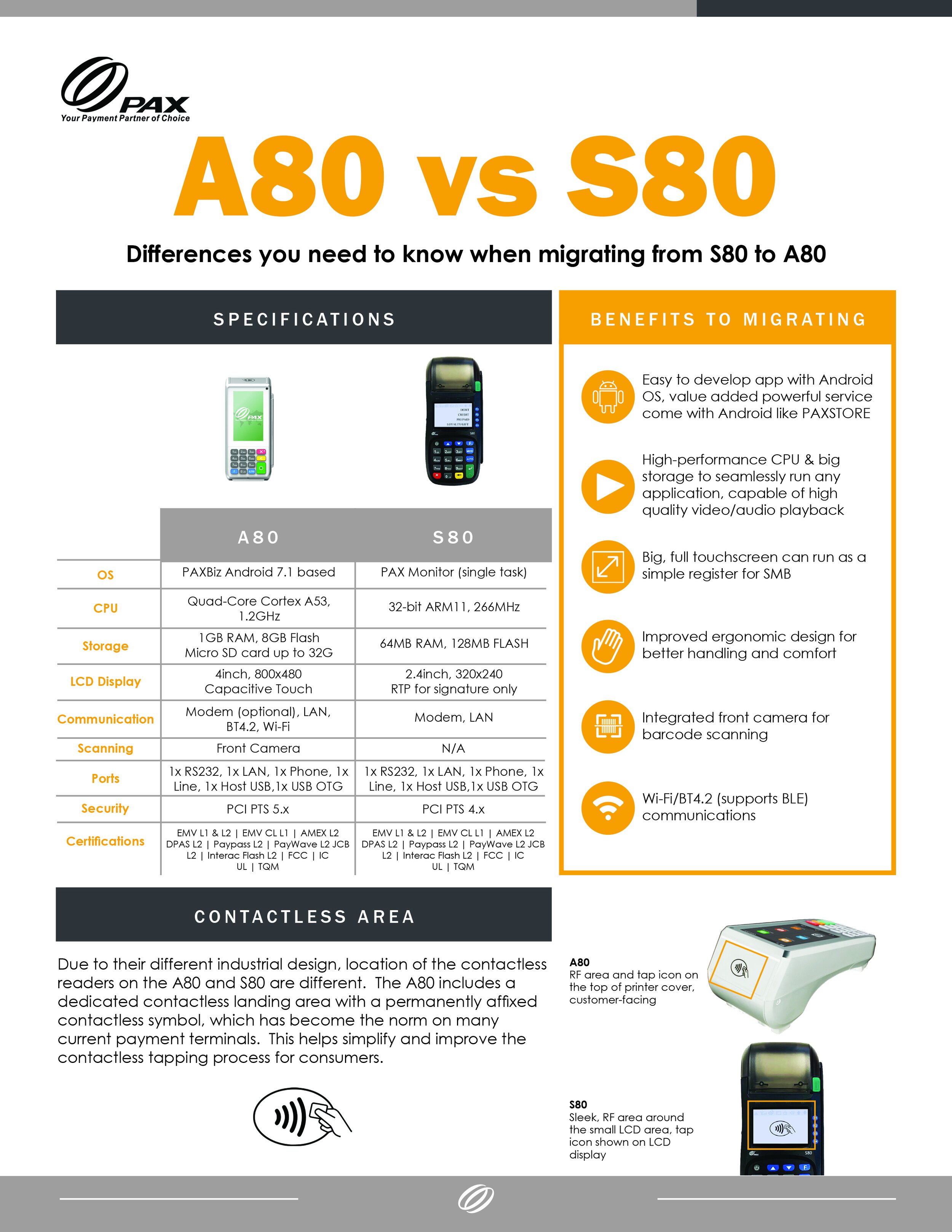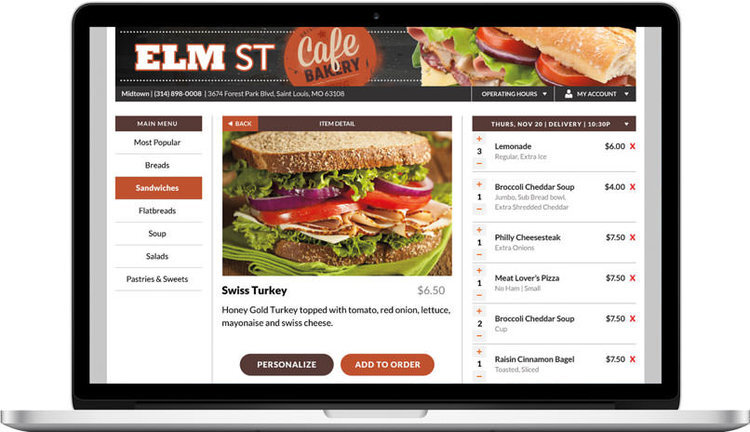
How BOLD Provides Greater Control and Financial Gain Through Payment Processing Services

At BOLD, we strive to provide our partners with as much information, control, and features as possible. In the following blog post, we discuss what makes us unique and how partnering with us can provide your company with a larger financial gain than other processors.
CAN YOU READ THE FINE PRINT?
Growing up, did you ever see the 1968 film, Chitty Chitty Bang Bang? Do you remember how the “Child Catcher” lured the children with free lollipops and ice cream? As an audience member, it was clear that taking the so-called “free” candies was not a wise move, but the children didn’t see it as that simply because they were naïve.
Have you ever wondered at what point in time, in our young adult life, did we start seeing the bigger picture? Nowadays, we begin to notice strategies and tactics intertwined in a sales pitch, we learn to read the fine print, and realize that nothing is technically free in life. However, are you able to catch when you are being lured into business deals when it comes from your processor?
THE THREE T’S TO EXCELLENT DEALS WITH BOLD
Before we dive into the nitty gritty, let’s take a look at what makes an excellent deal.
First, we know that every deal takes a life of its own. There are some that are going to make sense sticking with your processor. While others, it’s obvious that the wiser move is to collaborate with your partners. Secondly, as a dealer, you have to look at two things: buy rates and revenue share. Naturally, it is a case by case situation, but in examining the deals you should be able to notice which works best for your company.
When you join with BOLD, you will quickly see that we are unique to any other processing company.
Transparency
As our partner, you may not receive the amount of free hardware or software fromBOLD that other processors offer. However, when you sign an agreement with us, the profit you receive from the deal makes up for the costs of the incentives other processors give.
Team
At BOLD., we have a team that analyzes merchant statements. In cases where you don’t have the margin to track down rate reviews, our team can show you exactly what the profit numbers and fees are for each of those statements. Not only that, we are prepared to uncover where the profits come from and how to proceed.
Tools
BOLD offers a tool which allows partners to know and visually see a profit analysis for the merchant (for the partner). It shows the pricing that the merchant had and what other processors had in identical months. This gives you, as the partner, the freedom to determine mathematically what other value adds you are able to bring to your merchants.
HOW A PARTNER CHANGE CAN RESULT IN A FINANCIAL GAIN
If you’re weighing the pros and cons of working with a partner company versus your processor, let me share a specific example. Perhaps this will help draw a more black and white picture for you.
Let’s say there is a multi-site company who has worked with a partner processor for roughly 3 years, but they are currently looking to save money. The company feels they had a disservice from the payment processor, and are asking a dealer who works alongside payment partners.
Overall, if we say they have 3-4 chip reader stations at each of their locations, there is going to be a significant cost to make the change across all of their locations if they work with their bank. Realistically, it could be anywhere from $4-6K per location to maintain what the company is getting for free. That comes from adding up the retail value on the hardware; POS, machines, card readers, etc. The total cost from the processor would be around $5K, with an additional $13K to change over.
However, if the dealer brings the company to BOLD, as a partner processor, the raw cost would be more to switch over but the monthly profit is greater. To give specific numbers, the switch over would cost about $11K, but the monthly profit would be $9K. After a few months and investing in equipment, the change with BOLD would result in larger financial gain than would be expected with a processor.
TAKE ADVANTAGE OF PARTNERING WITH BOLD
We get it. As an entrepreneur and business owner, you have a lot on your plate. Taking out a magnifying glass to look for where money is being pulled and track down rate reviews is not something you want on your agenda. Our BOLD team wants to help. We want to provide you with as much information, control, and features as possible.
Our BOLD team would love to partner with you. Call us at (877) 900-4511 or fill out the form below.

















Recent Comments